Top universities face exams for corruption
By Tang Yue and He Na in Beijing ( China Daily ) Updated: 2013-12-23 07:34:17Draining the talent
On a positive note, a highly anticipated and wide ranging reform plan adopted at a key Party meeting last month recognized the need for change in the education sector.
The plan aims to increase the autonomy of universities and improve internal governance. It also will oversee the gradual abolition of the system by which officials in educational and academic institutions are ranked.
Under the existing system, university presidents are allocated specific levels in a political ranking system, one that also applies to government officials and the managers of State-owned enterprises.
For example, the presidents and Party secretaries of more than 30 prestigious universities are ranked at vice-ministerial level and so does the president of the oil giant PetroChina.
University officials, from deans to the heads of student admissions, are ranked accordingly. A higher rank always translates into a louder voice in the decision-making process, including the allocation of research funding.
"When I studied in the UK, people were not eager to become the dean because it meant serving the faculty, and they preferred to focus on their research. But in China, everyone wants to become an official because it leads to control of resources," said He Zengke, a senior researcher with the Central Compilation and Translation Bureau, who studied at two UK universities - Bradford and Nottingham - in 1997 and 1998.
In an 2010 editorial in the magazine Science, Rao Yi, dean of the School of Life Sciences at Peking University, and his counterpart at Tsinghua University, Shi Yigong, drew attention to widespread corruption and the embezzlement of research funds in China.
Their article was prescient. In March, Chen Yingxu, executive vice-president of the College of Environmental and Resource Sciences at Zhejiang University, was charged with embezzling 10.22 million yuan ($1.68 million) intended for research funding.
"Many young scholars have great enthusiasm and energy for academic research, but because of their low rankings and their lack of close relationships with the leaders, very few of them receive funding," said a teacher surnamed Lu who works at the School of Computer Science at Jilin University.
Beihang University's Ren said the prevailing culture - which idolizes power rather than equality and independence - goes against the spirit of university ideals and helps to explain why "China has probably the best students before college. However, they become less competitive than their foreign counterparts when studying for a bachelor's degree. The situation worsens when they study for master's degrees and doctorates."
"Now we see more Chinese students choosing to study overseas, and foreign establishments, such as New York University, have opened campuses in Shanghai," he said. "The market for education is now global and we have to change."
|
|
|
|
|
|
|
|
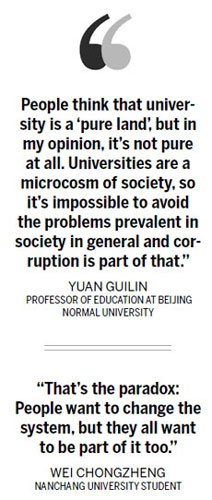
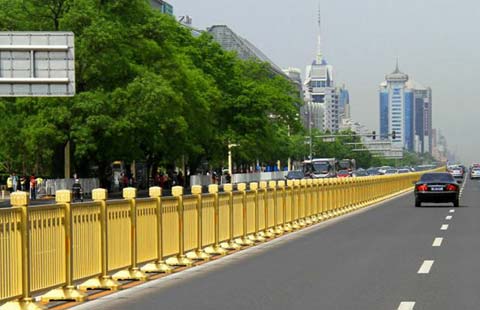
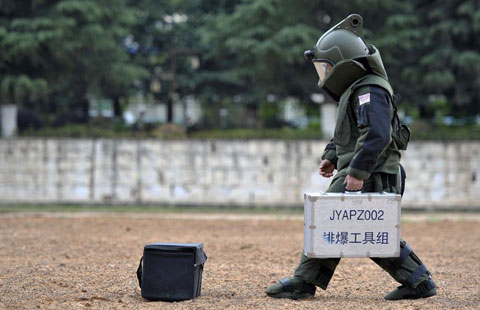
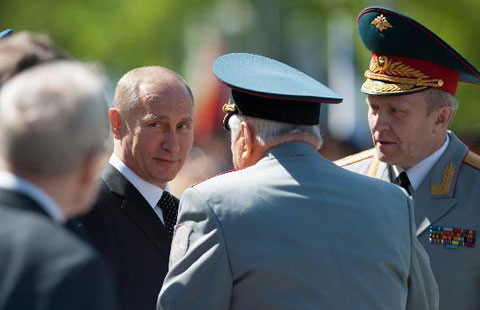
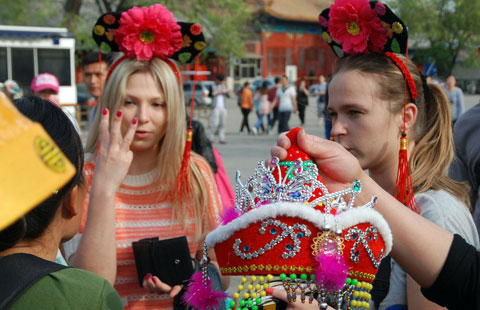






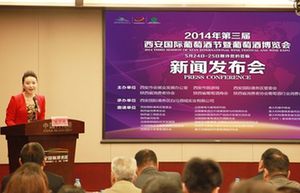

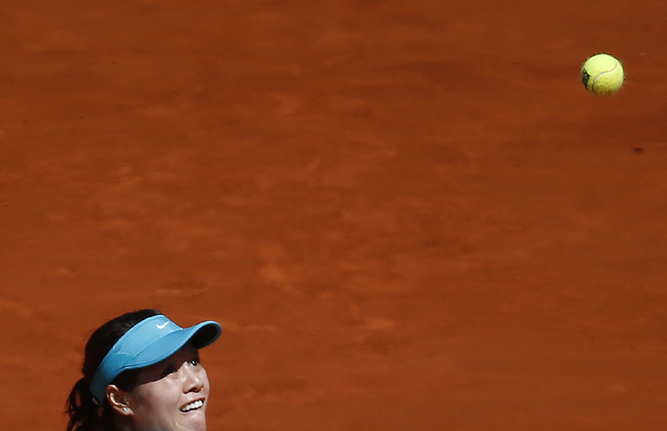





 Op Rana
Op Rana Berlin Fang
Berlin Fang Zhu Yuan
Zhu Yuan Huang Xiangyang
Huang Xiangyang Chen Weihua
Chen Weihua Liu Shinan
Liu Shinan